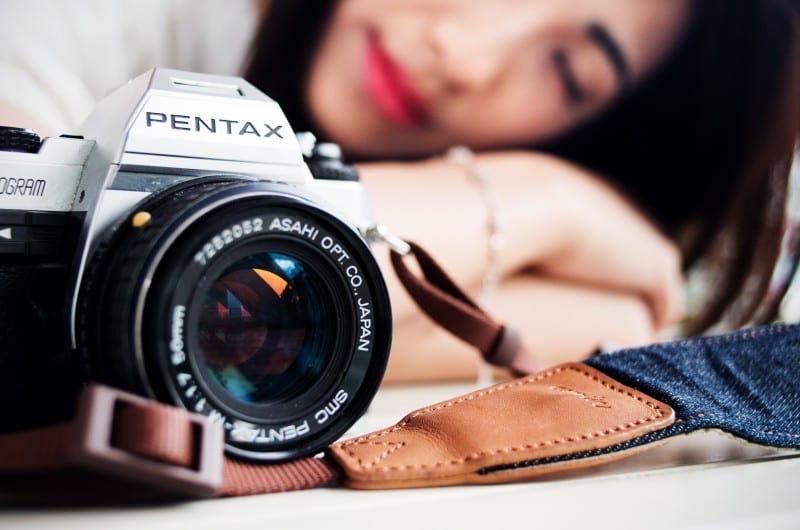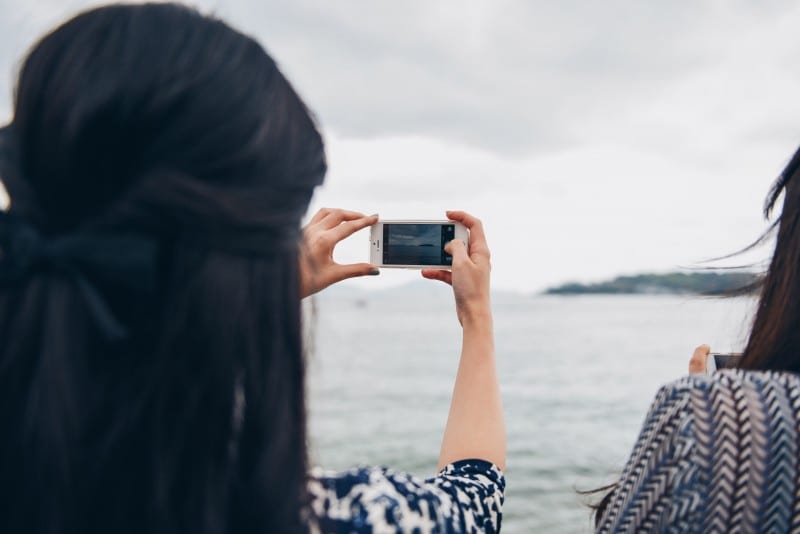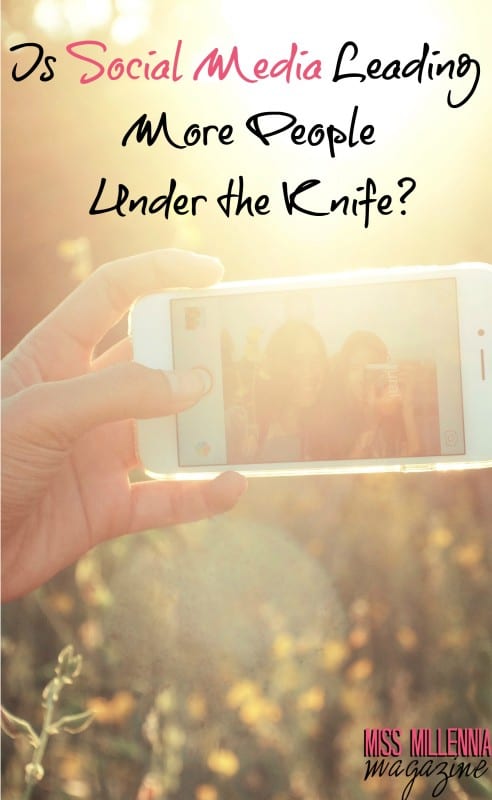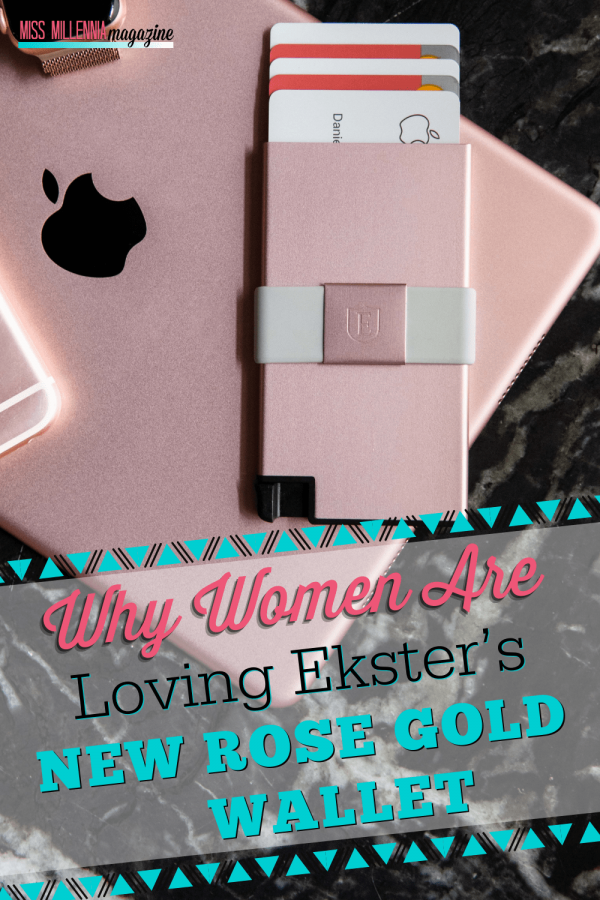Is Social Media Leading More People Under the Knife?
This decade will probably be remembered as the decade of the selfie. Social media has revolutionized the way we communicate with our friends and family. It also allowed us a sneak peek into strangers’ worlds. When I wake up in the morning, I feel compelled to check my social media feeds.
More often than not, I’m looking at strangers rather than my friends. I’ve become envious of the people who have time to make a beautiful smoothie bowl for breakfast, or those who start the day with yoga on the beach.
While social media might be great for gathering ideas for planning the perfect dinner party, the dark side of this trend is that we’re all a little worse off in the confidence department. Who would’ve thought a breakfast would one day be a cause of envy? We all know that the lives we see on social media are curated and augmented versions of the real thing. However, this doesn’t stop us from falling into the trap, time and time again.
How is cosmetic surgery and social media linked?
What is more concerning is that our insecurities about how we appear in our digital lives is starting to spill over into our real lives. According to some surgeons, wanting to look good on social media is now a legitimate reason for requesting cosmetic surgery for some patient. Even more worrying is that younger people are starting to head down this track. Shockingly, there has been an increase in teens requesting labia surgery.
Cosmetic surgery isn’t necessarily a bad thing, but what is worrying is that young people fail to understand the seriousness of surgical procedures. We now think of lip filler as being no more invasive than getting your eyebrows shaped, while liposuction is on par with getting a spray tan. In reality, these treatments carry varying levels of risk, particularly if they aren’t carried out by an experienced professional.
When we look at the transformation of teen idols such as Kylie Jenner, it’s easy to see why young people want to follow suit. Her attempts to conceal her lip fillers and her final admission that she had had work done gripped the teenage community and beyond.
How can we tell young people that they are perfect the way they are when they are constantly bombarded with images of people their age who have undergone treatments to change their appearance? How can we tell a young girl with thin lips that she is perfect the way she is when she can see someone her own age undergoing painful procedures in order to augment her appearance.
Facetime Facelift
It isn’t only young people who feel the pressure. In 2012, when video calling started taking off, cosmetic surgeons reported an increase in requests from patients for face lifts that would make them appear better in video chats. The problem with the traditional face lift was that the scars would be prominent and obvious from the unflattering angle of your mobile device.
One surgeon went on to developed a procedure that would do all of this, but then went one step further by making it so the scar would be undetectable on video calling. The procedure was aptly named the Facetime Facelift.
As attitudes towards cosmetic surgery begin to shift, it is becoming more and more acceptable to go under the knife in pursuit of the perfect appearance. Improving your appearance is a personal choice, and hardly the crime of the century. What is worrying is that this has paved the way for cowboy surgeons to take advantage of the market.
Although the Royal College of Surgeons has called for tougher restrictions of cosmetic surgery, it is still a largely unregulated industry. There is increasing demand for procedures. Some unscrupulous surgeons will prey on inexperienced patients and allow them to build unrealistic expectations.
What happens when it goes wrong?
Botched surgeries aren’t always the main problem. Unrealistic expectations can be more damaging. Research shows there has been an increase in cosmetic surgery claims over recent years. Not all of these are the result of medical malpractice.
Unrealistic expectations are increasingly to blame for cosmetic surgery claims, and there is strong support that social media is fueling these expectations. If patients are basing their initial consultation with a surgeon on a highly altered and filtered image taken from social media, surgeons can’t be expected to achieve similar results.
So how are we supposed to stay body positive in the face of endless perfect selfies and feeling like we are competing with altered images – not to mention altered bodies. It’s important not to compare yourself to the images you see. Take time to connect with people in real life, and to always switch off if social media is leading to more sadness than joy.
Digital detoxes are becoming very popular, even if you only switch off one evening a week, or throughout the weekend. Social media will still be there when you get back, and you might even find yourself approaching it with a healthy new perspective.
Sources:
https://time.com/4327126/teen-girls-implants-genital-plastic-surgery/
https://www.inquisitr.com/3599905/kylie-jenner-lying-about-plastic-surgery/
https://www.medscape.com/viewarticle/860064











